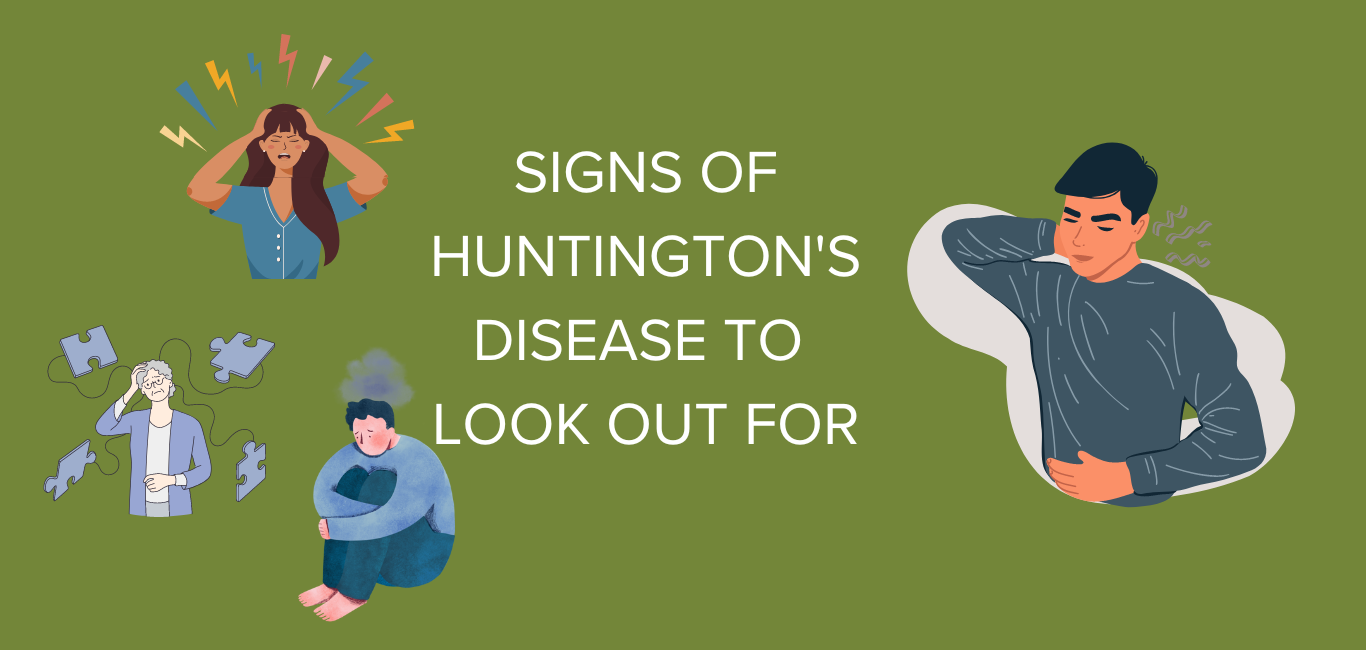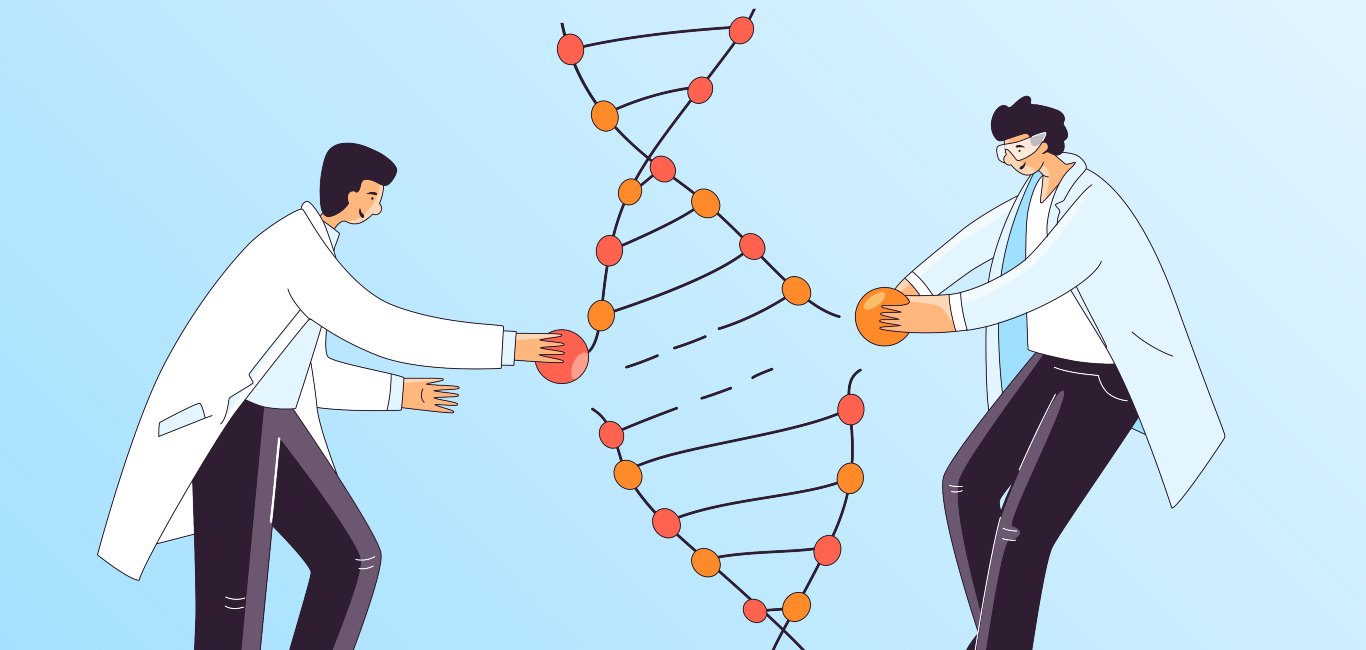
More than a century ago, George Huntington, an American physician, stumbled upon a ‘medical curiosity’ while observing families with uncontrolled erratic body movements (chorea). Since then, his work has led to a clinical understanding of the condition that bears his name- Huntington’s disease. ‘On Chorea’ is a paper based on his observations. This lays the foundation for studying Huntington’s disease, one of the most complex neurodegenerative conditions.
Chorea is characterised by involuntary movements that give the appearance of dancing. “It is an uncontrollable, sudden, out-of-rhythm dance, where a person appears restless (even if the person does not feel so) and not able to sit in one place,” says Dr Vikram V Holla, associate professor of neurology, National Institute of Mental Health and Neuro Sciences, Bengaluru. This uncontrollable movement is a hallmark of Huntington’s disease, he adds.
Hinting at Huntington’s
Dr Holla explains that in Huntington’s disease, neurons gradually break down and die in different parts of the brain. Research has revealed that Huntington’s disease targets specific areas of the brain responsible for controlling voluntary movements and cognitive functions.
“In brain MRI scans, we have observed reduction in the size of the caudate nucleus of basal ganglia,” says Dr Holla. Research has shown that impaired structure and function of basal ganglia can cause abnormal movements, and affects behaviour, cognition, and emotions. He adds that the frontal lobe is also affected.
“It [Huntington’s] has both neurological and psychiatric pieces,” says Dr Holla. It is a reason why individuals with the condition may also display a range of behavioural symptoms such as aggression, psychotic behaviour, memory impairment, restlessness, and constant limb movements.
Read more: Signs to look for in Huntington’s disease
Read more – Know the brain regions
The code that repeats
A mutation in the HTT (Huntingtin) gene causes Huntington’s disease, an autosomal dominant inherited condition. Dr Holla says that if one parent carries the defective gene, there is a 50 per cent chance of passing it on to their children.
In Huntington’s, the genetic code CAG gets repeated multiple times in the DNA. “Normally, we have around 6 to 37(CAG repeats), but when there is a gene mutation, the number exceeds that, it causes aggregation of the huntingtin protein,” says Talat Zahra, senior researcher at prof Ashwani Thakur’s lab at the Indian Institute of Technology, Kanpur.
Abnormal clumping hinders normal brain functions of both neurons and non-neuronal cells, adds Zahra.
Dr Holla, concurs: “The mutated HTT protein accumulated in Huntington’s can be toxic to the neurons in different parts of the brain.”
In addition, the more the CAG repeats, earlier is the onset of the disease, says Zahra.
Zahra adds that our body has a mechanism to prevent abnormal aggregation of proteins. However, when there is an overload of aggregates, the system fails to eliminate it. “Overwhelming protein clumping can cause toxicity,” she says. Dr Holla adds that this accumulation usually leads to slow cell death.
A beacon of hope
Dr Huntington placed his faith in the power of scientific research to uncover the mysteries of chorea. Tireless dedication could achieve this, he believed.
Currently, researchers are employing multiple strategies to correct the underlying cause of the disease. These include DNA, RNA and protein targets to find effective therapies. “Our group is interested in understanding the aggregation mechanism and focuses on developing rationale-based therapies that target the aggregation process,” says Zahra.
Despite the challenges mentioned earlier, seeking early medical advice can aid in managing the condition. According to Dr Holla, current treatments for Huntington’s disease only address the symptoms rather than the root cause. He says that lack of awareness can lead to late diagnosis, emphasising early diagnosis as a key to managing the symptoms.
- Medications and counselling can help in managing physical and psychiatric symptoms
- Lifestyle changes like diet and exercise can go a long way in managing this condition.
- Genetic counselling is very important to inform the person with Huntington’s. It helps bring awareness to them and their families. This helps in various ways of preventing propagation of the disease in the family and also the available options to have a healthy child.
“Since Huntington’s progresses gradually, medications can help enhance the quality of life to some extent. This can allow people to continue their occupation for an extended period,” says Dr Holla.

















